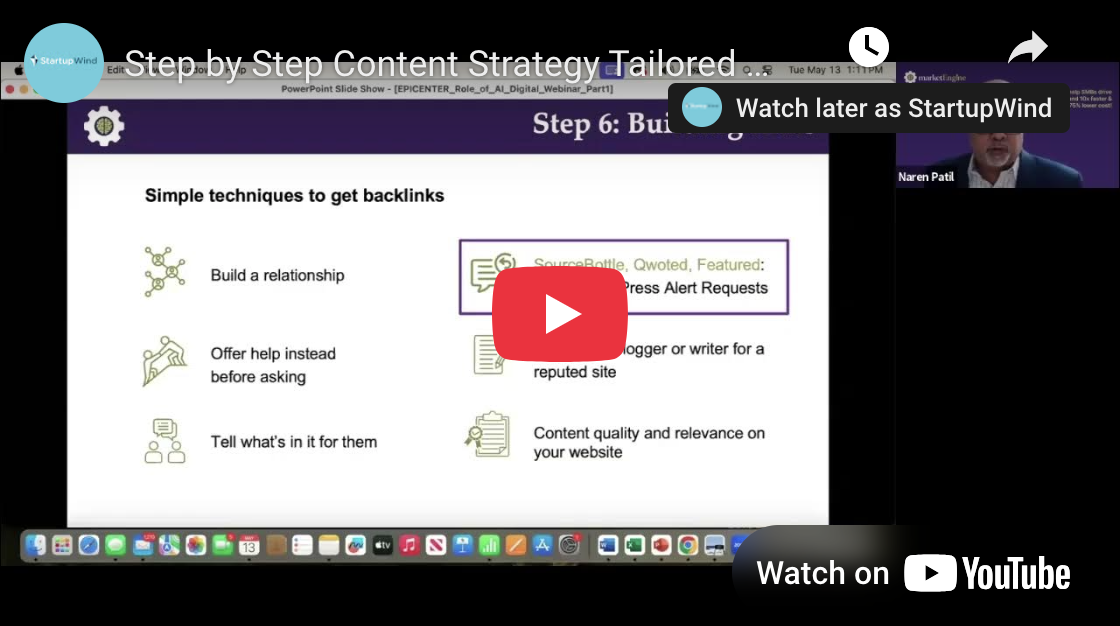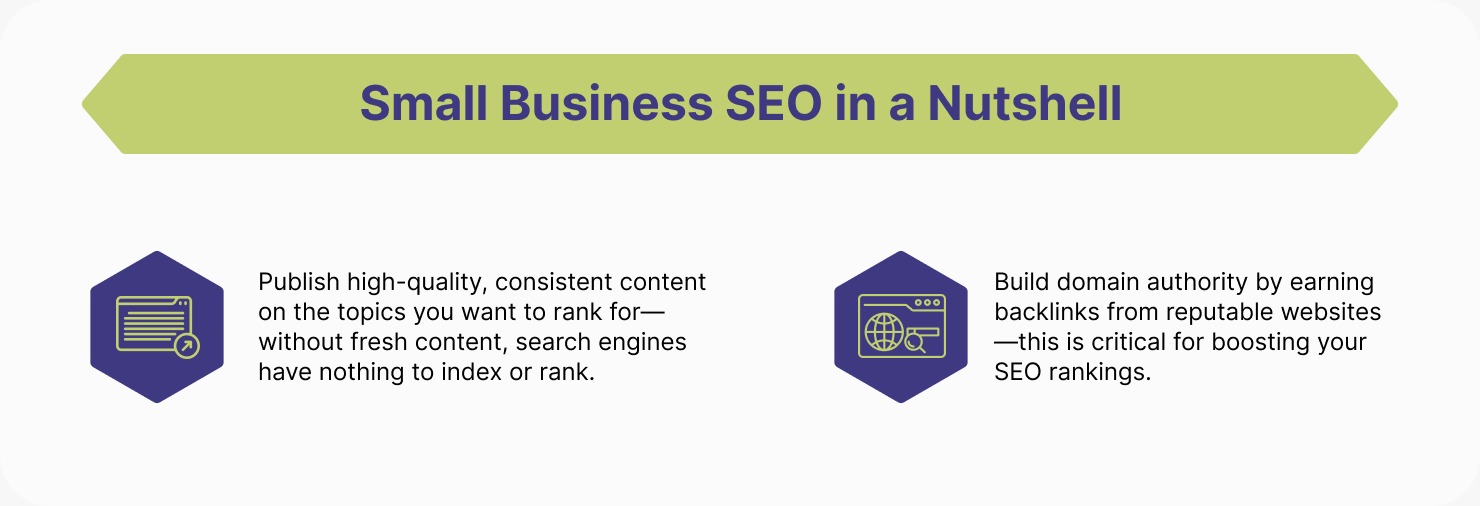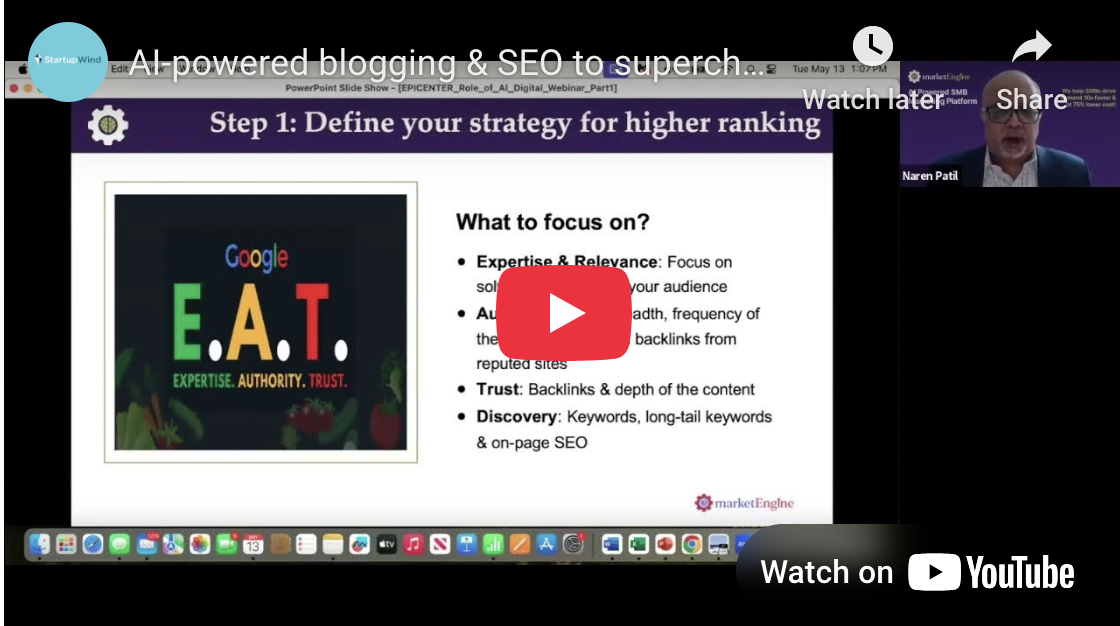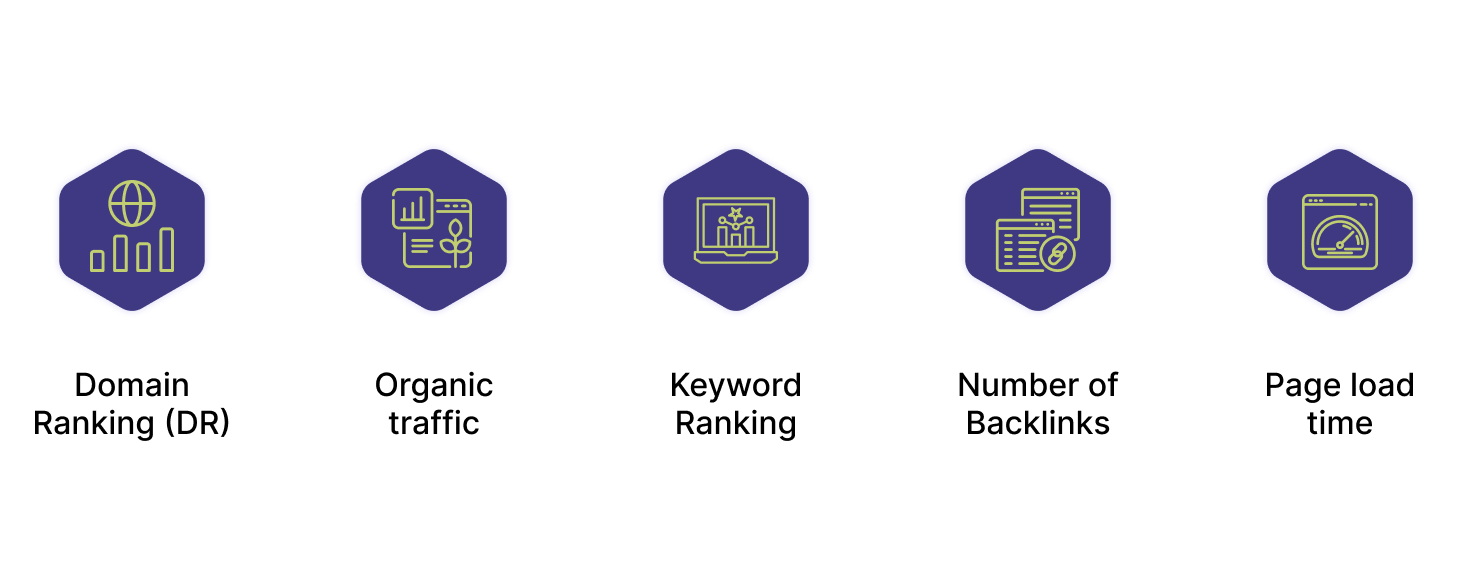What Is Strategic Small Business SEO?


Strategic small business SEO goes beyond keywords—it’s about building Discovery, Relevance, and Ranking. Google favors websites that demonstrate Expertise, Authoritativeness, and Trustworthiness (E-A-T).
To achieve this, your content must:
- Solve real problems for your audience
- Be fresh, high-quality, and regularly published
- Show topical expertise and credibility
- Earn backlinks from reputable sources
By focusing on these pillars, small business SEO turns your website into a trusted, go-to resource, making it more visible and more competitive in search results.

Want to dive deeper? Check out our blog for a step-by-step content strategy tailored to SEO for small business, or explore our complete digital marketing guide for small businesses and startups.












